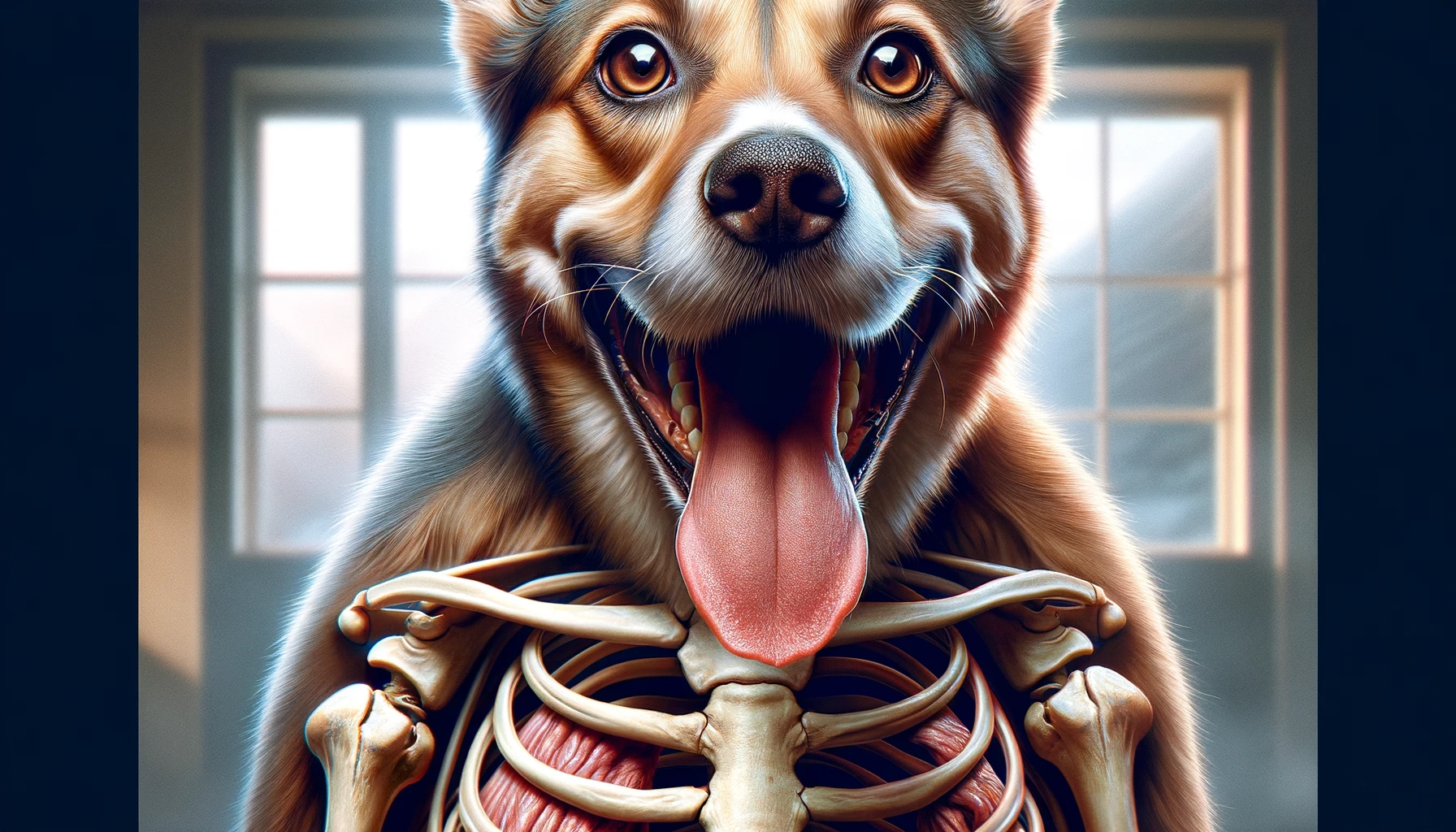Are you wondering if your furry friend is in good health? Look no further! In this article, we'll explore four indicators that can help you determine if your dog is healthy.
From their physical appearance to their energy levels, healthy appetite, and regular bowel movements, we'll cover it all.
By understanding these indicators, you'll be able to ensure your dog's well-being and provide them with the care they deserve.
So let's dive in and discover what makes a healthy dog!
Key Takeaways
- Glossy coat indicates good overall health and proper nutrition
- Clear eyes indicate good eye health
- Energy levels provide insights into overall well-being
- Regular bowel movements are indicators of overall health
Physical Appearance
You can gauge the health of your dog by observing their physical appearance. Two key indicators of a healthy dog are a glossy coat and clear eyes.
A glossy coat is a sign of good overall health and proper nutrition. It should be shiny, smooth, and free from any bald patches or excessive shedding. Regular grooming and a balanced diet can help maintain a healthy coat.
Clear eyes are also important, as they indicate good eye health. They should be bright, moist, and free from any discharge or redness. If you notice any cloudiness, squinting, or excessive tearing, it could be a sign of an underlying health issue, such as an infection or allergy. In such cases, it's best to consult with your veterinarian for a proper diagnosis and treatment.
Energy Levels
To assess the health of your dog, it's important to consider their energy levels. A dog's energy levels can provide valuable insights into their overall well-being. Dogs have different exercise requirements based on their breed, age, and size. It's crucial to meet these needs to keep your dog healthy and happy. Regular physical activity not only helps manage weight but also promotes cardiovascular health and strengthens muscles and joints.
Observing your dog's behavior patterns can give you a good idea of their energy levels. A healthy dog will display enthusiasm and eagerness to engage in activities. They'll have a natural curiosity and be interested in exploring their environment. On the other hand, if your dog appears lethargic, disinterested, or seems to have a sudden decrease in energy, it could be a sign of an underlying health issue.
It is essential to provide your dog with regular exercise to maintain their energy levels. This can include activities such as walks, playtime, and interactive toys. It's crucial to tailor the exercise routine to your dog's specific needs, taking into consideration their breed, age, and any existing health conditions.
Healthy Appetite
Maintaining a healthy appetite is a crucial indicator of your dog's overall well-being. A healthy appetite ensures that your furry friend is getting the necessary nutrients to support their growth, development, and energy levels.
Here are three key factors to consider when it comes to your dog's healthy appetite:
- Weight management: Monitoring your dog's appetite can help you keep their weight in check. If your dog suddenly loses interest in food or starts eating excessively, it may be a sign of an underlying health issue. Consult your veterinarian to address any concerns and develop a suitable diet plan for your dog's specific needs.
- Feeding schedule: Establishing a consistent feeding schedule is essential for maintaining a healthy appetite. Dogs thrive on routine, and having regular mealtimes helps regulate their hunger and digestion. It's recommended to feed your dog at least twice a day, with portion sizes appropriate for their size, breed, and activity level. Avoid free-feeding, as it can lead to overeating and weight gain.
- Quality nutrition: Providing your dog with a balanced and nutritious diet is vital for their overall health and appetite. Consult with your veterinarian to determine the best type of food for your dog, considering factors such as their age, size, and any specific dietary needs they may have. High-quality dog food that contains essential nutrients will support their appetite and keep them in optimal condition.
Regular Bowel Movements
Monitoring your dog's appetite and implementing a consistent feeding schedule are crucial for maintaining regular bowel movements. Stool consistency and frequency can be indicators of your dog's overall health. A healthy dog should have firm, well-formed stools that are easy to pick up. Loose or watery stools can be a sign of digestive issues, such as dietary intolerance or infection. On the other hand, hard and dry stools may indicate dehydration or constipation.
It's important to note that the frequency of bowel movements can vary depending on your dog's age, size, and diet. However, if your dog is experiencing a significant change in bowel habits, such as increased or decreased frequency, it's advisable to consult with a veterinarian. Additionally, you should be aware of any other accompanying symptoms, such as blood in the stool or straining, as these could be signs of a more serious underlying condition.
Frequently Asked Questions
How Often Should I Brush My Dog's Teeth and What Are the Signs of Good Dental Health in Dogs?
You should brush your dog's teeth regularly to maintain good dental health. Signs of dental health in dogs include clean teeth, fresh breath, and healthy gums.
Are There Any Specific Behaviors or Signs That Indicate My Dog Has a Strong Immune System?
If you're wondering about signs of a strong immune system in dogs, there are a few things to look out for. A healthy immune system can lead to increased energy, faster healing, and a decreased risk of illness.
What Are Some Common Indicators of Good Mental Health and Overall Well-Being in Dogs?
To promote good mental well-being in dogs, look for indicators such as a happy demeanor, enthusiasm for activities, and a healthy appetite. Provide mental stimulation, regular exercise, and a loving environment to support their overall mental health.
How Can I Tell if My Dog Is Maintaining a Healthy Weight and What Are the Potential Risks of Obesity in Dogs?
To maintain a healthy weight in your dog, monitor their food intake and exercise regularly. Obesity in dogs can lead to various health risks such as diabetes, joint problems, and decreased lifespan.
Are There Any Specific Signs or Behaviors That Suggest My Dog Has a Healthy Coat and Skin?
Regular grooming is key to maintaining a healthy coat and skin for your dog. Look for signs like a shiny and clean coat, absence of dryness or flakiness, and no excessive itching. Grooming also helps prevent matting and promotes good circulation.
Conclusion
In conclusion, keeping an eye on your dog's physical appearance, energy levels, appetite, and bowel movements can help indicate their overall health. By observing these four indicators, you can ensure that your furry friend is in good shape and thriving.
Remember to consult with a veterinarian if you notice any concerning changes in your dog's health. Taking proactive measures and providing proper care will greatly contribute to your dog's well-being.






